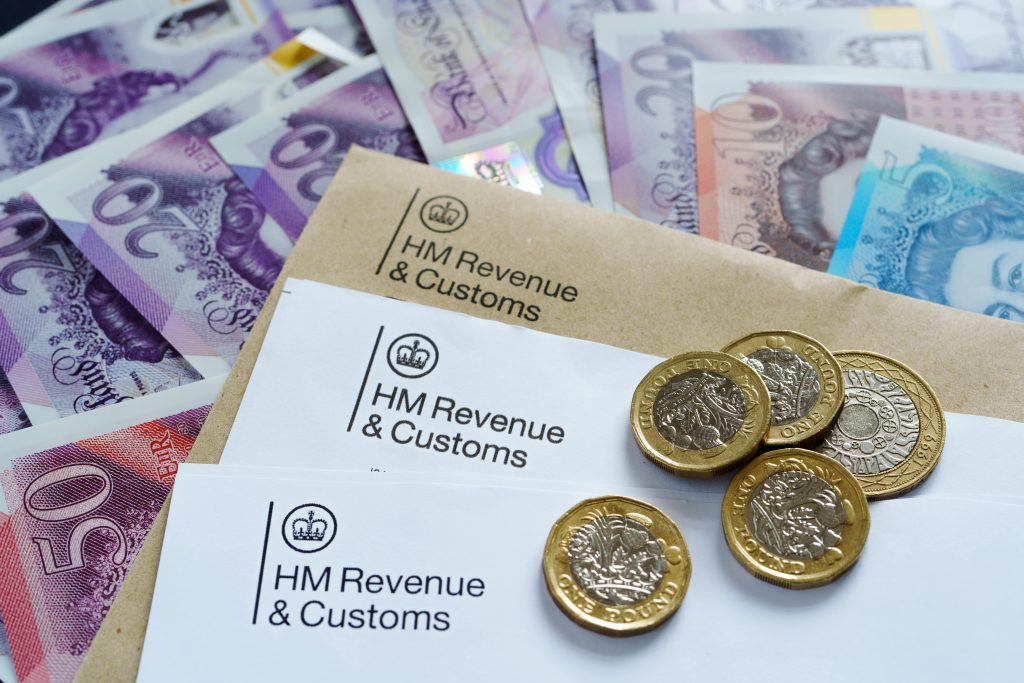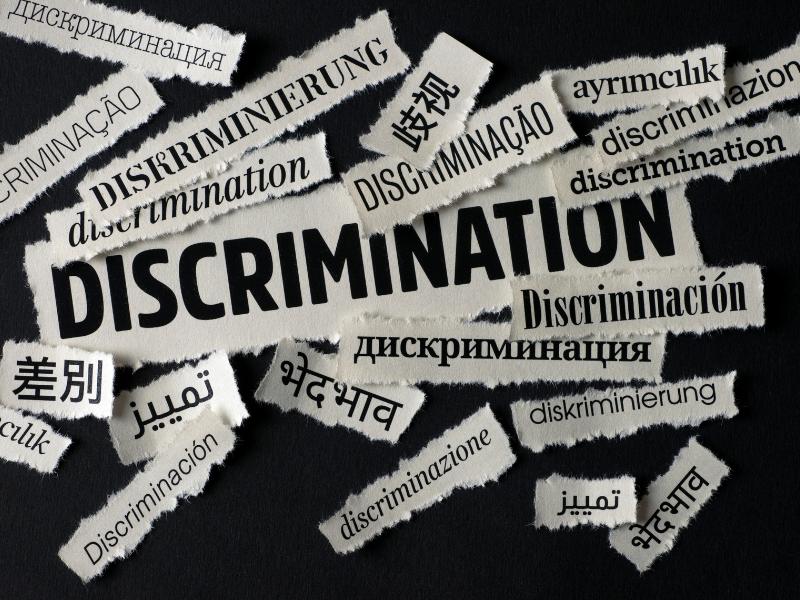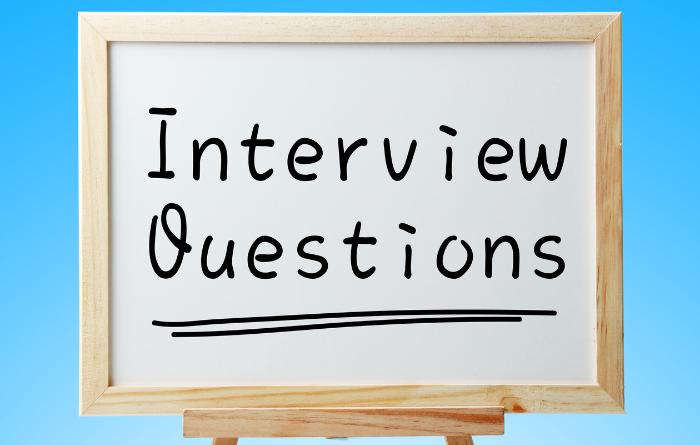A simple interview mistake can be all it takes to lose an exciting job opportunity. Think of the interview as “one chance” to make a good impression. How would you approach it? We recommend early preparation and understanding the common mistakes that could affect your chances.
Remember, you’ve already demonstrated something that the company likes, which is why you are invited to the interview, so now is the time to make your opportunity count!
Let’s check out the top 10 interview mistakes to avoid if you want the best outcome when looking for your next job role.
What Are The Most Common Interview Mistakes?
1. Arriving Late
Punctuality is the first rule. Do not arrive late at the venue for the interview or join the link late for a virtual interview. No employer appreciates lateness to an interview since they believe you’ve had enough time to prepare before the main day. Lateness to an interview suggests to the panel that you struggle with time management or simply do not value the job opportunity.
Sometimes the inevitable happens like traffic or a breakdown of public transport. Will that be counted against you? Some interviewers will be sympathetic to scenarios out of your control, but they will expect you to have left enough to arrive at the interview before the scheduled time. Plan to arrive an hour or 30 minutes ahead to plan for any contingency.
You can always hang around a nearby coffee shop should you arrive too early. The same applies to a virtual interview – make sure your internet connection is good and do a test run using the video software that you will be using ahead of the scheduled time to ensure you have everything that you need downloaded.
Once you are outside the building, take time to compose yourself and crosscheck any relevant information. The plan is to enter about 10 minutes before the interview start time. Not only does that demonstrate your promptness, but it also gives you time to navigate the building and locate the exact interview room. Arriving early at an interview or any event can boost your confidence.
2. Not Doing Your Research
A serious interview mistake is not doing your research about the organisation or company. As a job candidate, the interviewer expects you to have some knowledge of the job responsibilities and what the organisation does.
Failure to answer questions about your intentions if hired or contributions you can make to the organisation’s goals gives a wrong impression of your professionalism. It might portray that you are not enthusiastic about the job or that you’re not passionate enough.
Conducting research into the company’s activities is an essential part of the job interview process. You should read about the company, the responsibilities of the position you are applying for, and possible details you can get about their hiring process.
Demonstrating a solid knowledge of the company during the interview shows your readiness to join the team as well as your resourcefulness. It can give you a competitive advantage over other qualified candidates.
3. Not Being Truthful
It can be tempting to oversell yourself when discussing your skills, experience or education with the interviewer. This can be a costly interview mistake and one you’d be best to avoid if you are serious about getting your dream job. You should only focus on listing your qualifications and emphasise how each experience makes you suitable for the advertised role.
Many interviewers have interrogated several candidates and can usually tell when a person is honest about their achievements or not. The best approach will always be to avoid exaggerations and honestly explain your related education and career experiences.
It can be embarrassing to say things you cannot do and fail when asked related questions. Also, do not forget to mention prior work experiences, voluntary services and qualifications obtained.
4. Speaking Negatively About Previous Employment
Some interviewers can be tricky and ask questions about your previous job roles. Always resist the urge to speak negatively about such past employment. Negative comments about past jobs give the hiring manager the impression that you are difficult to work with. In some cases, they can perceive you as not truthful.
To avoid such interview mistakes, try to approach the question from the challenging roles you encountered and how you overcame them. Elaborate on the unique experiences the job gave you and how it has positively shaped your perception about hitting target goals. These simple but positive answers often differentiate a successful interview from a failed one.
5. Lacking Enthusiasm
Lacking enthusiasm and being anxious are two different things. It is normal to be excited or anxious about the prospect of making a good first impression on an interviewer. However, avoid the mistake of acting shy on the day of the interview or you could be perceived as not enthusiastic.
It could be challenging but you’ve got to show energy and passion to stand out from other candidates for the job. What if you’re just not naturally outspoken? The best response is using your previous experience as an advantage. Talk from an action point of view that perfectly relays your idea to the hiring manager.
Demonstrate your eagerness to get the job by asking the right questions about the organisation. Show interest in their current projects, position in the industry and recent achievements. This is where to put your researched knowledge to use.
6. Talking Too Much
Talking too much is a top 10 interview mistake. When we say you should be enthusiastic and radiate energy and interest in the job interview, it does not mean you should talk too much. As much as possible, keep your speech in line with the questions asked and don’t try to take over the interview.
Balancing between when to talk elaborately and when to listen is a fine line. You should not give very short replies to questions that request your opinion or narrative of previous experience. Every reply must be straight to the point and engaging enough to keep the conversation going.
What if there is an awkward silence? Then ask a question about the company or job role to encourage the hiring manager to take over the conversation while proving your interest. Understand that listening skills are as important as speaking during an interview. You should also maintain positive body language and nod your head when appropriate.
7. Dressing Inappropriately
There is a common saying, “The Way You Dress, Is The Way You Will Be Addressed”. The same applies to an interview, especially since it’s about making a good first impression. Wearing a T-shirt or jeans is not appropriate for a company or office job interview. You’ll be better off with a matching suit, tie and shoes.
That is not to say that corporate wear is the official dress code for interviews. The best way to dress appropriately is to research what other employees wear and follow that as your guide. When in doubt, aim to dress more formally than less. Overdressing will still leave a good impression while underdressing portrays the opposite.
8. Displaying Negative Body Language
Accidentally portraying nervousness as a negative body language is another top interview mistake some candidates make. Although you’re only nervous about the interview, the hiring manager could tag you as unfriendly or not enthusiastic.
A good way to avoid this mistake is to practise in front of a mirror. Observe your facial expressions while you speak. Also check for negative body language like folded arms, poor eye contact or a clenched jaw. People who appear to frown when they are serious might want to smile a bit more often on the interview day.
Taking time to prepare and correct your body language can boost your morale. It is almost like you’re in the interview room and you end up feeling confident when the day arrives.
9. Checking Your Phone
The modern digital world has increased how much we can achieve using our smartphones. It is even like an addiction to some people who struggle to stay off their phones. It is almost like an impulse to check their phones and that could be a great interview mistake.
Endeavour to not get carried away or feel too comfortable that you absent-mindedly pick up your phone to use. You’re not to answer a ringing phone, reply to a text or check social media while the interview is on. Your phone should probably be in silent mode and not even ring.
Otherwise, you are telling the interviewer that you are already bored, not interested in the job or incapable of focusing at work. Leaving your phone at home is an excellent idea if you think you might make the mistake of using it.
10. Not Asking Questions
Not asking questions is a common interview mistake made by many people without them even being aware. The hiring manager rounds up his questions and asks if you have any questions concerning the job responsibilities or the company.
Most candidates already feel overwhelmed and just say nothing. For some people, they feel all the questions have been asked and they don’t want to be too forward.
However, the interviewer can interpret your failure to ask questions as a sign that you have not done your research about the company. The following are suggestions of questions you can choose to ask in such a scenario.
Questions that you might choose to ask include:
- What is the culture of the company?
- What are the biggest challenges to expect for this job role?
- What personal development opportunities are available for employees to utilise?
- Is there any advice they would personally like to give based on their experience in the company?
Asking questions is great but do not ask too many questions. Two to three questions are sufficient but you can draft more in case some of them were answered during the interview.
Tips For Preparing For An Interview
Learn about the essential tips to avoid common interview mistakes that can affect your chances.
1. Do Your Research
Take time to read about the company, job role and the industry. You can also check up on the top competitors and the overall performance of the company.
2. Understand Your USPs
Approach every job interview as an opportunity to sell yourself by saying what makes you stand out. Hence, have a unique selling point (USP) that summarises your strength, experience and relevance to the job role. You can cite examples to support your claims.
3. Identify Your Weaknesses
Almost everyone has their weaknesses but how we approach them is the difference. Work on improving yourself in aspects you think might jeopardise your chances of getting the job.
4. Practice, practice, practice!
No matter the industry, some interview questions are often repeated and you can be smart enough to practise them. Examples include questions like “Tell me about yourself?”, “Why should we hire you?”, and “What are your greatest strengths?”.
Check online, talk to experts, and read books on the best approach to these types of questions. You can also practise in front of a friend.
5. Prepare Your Own Questions
Most hiring managers will ask if you have questions at the end of the interview. That is the chance to show them how much research you made by asking intelligent questions about the company or job expectations. Saying “no” when asked if you have questions is an interview mistake to avoid.
To Sum Up
Acing a job interview requires practice and plenty of it but you must first avoid making common interview mistakes. You should also dress well, be prompt, maintain positive body language and know how to keep the conversation.
Furthermore, ask intelligent questions when given the chance to talk and be confident in discussing your qualifications for the job role. Every manager wants to hire the most qualified candidates who are enthusiastic and passionate about the job role and company objectives.


























































































































































